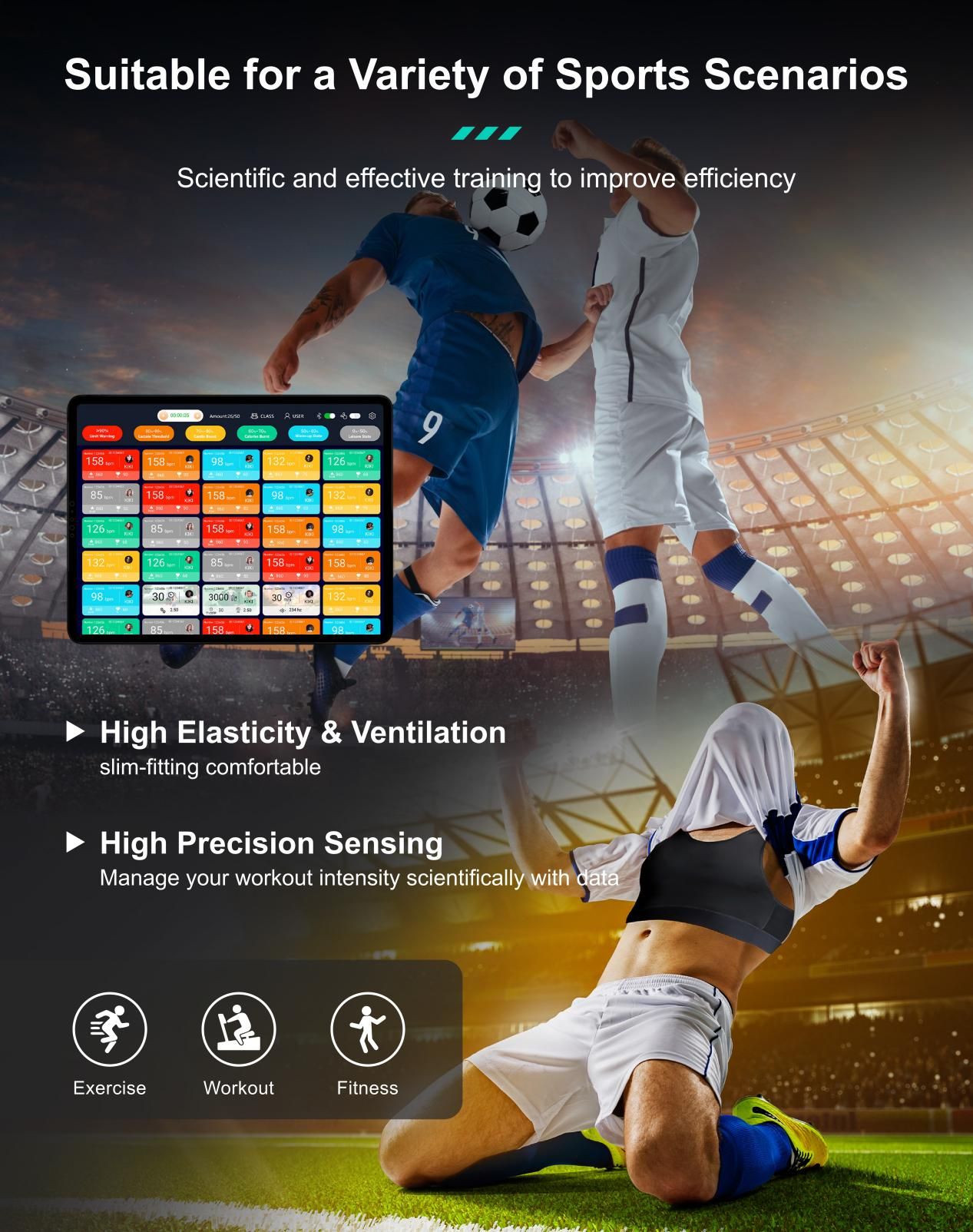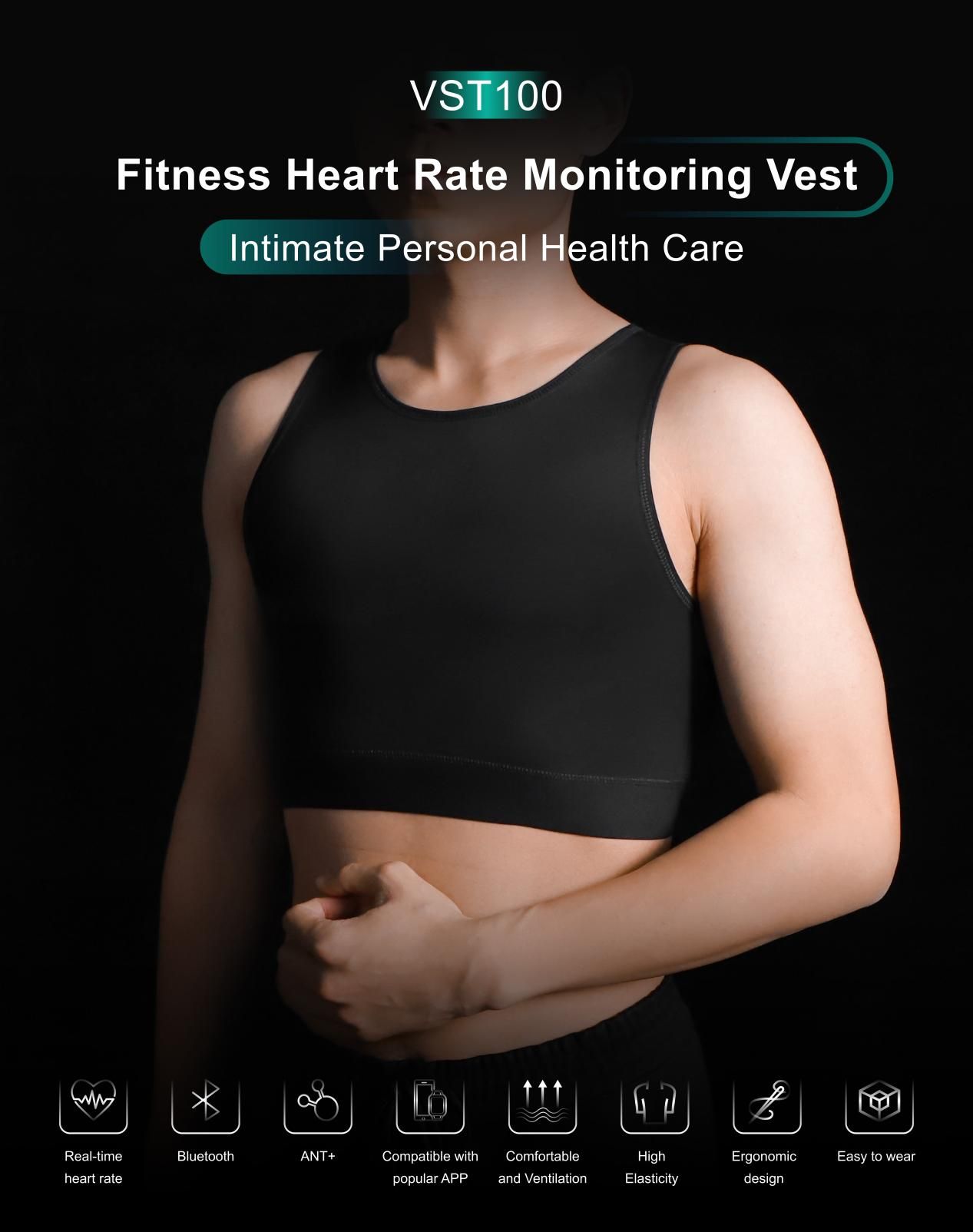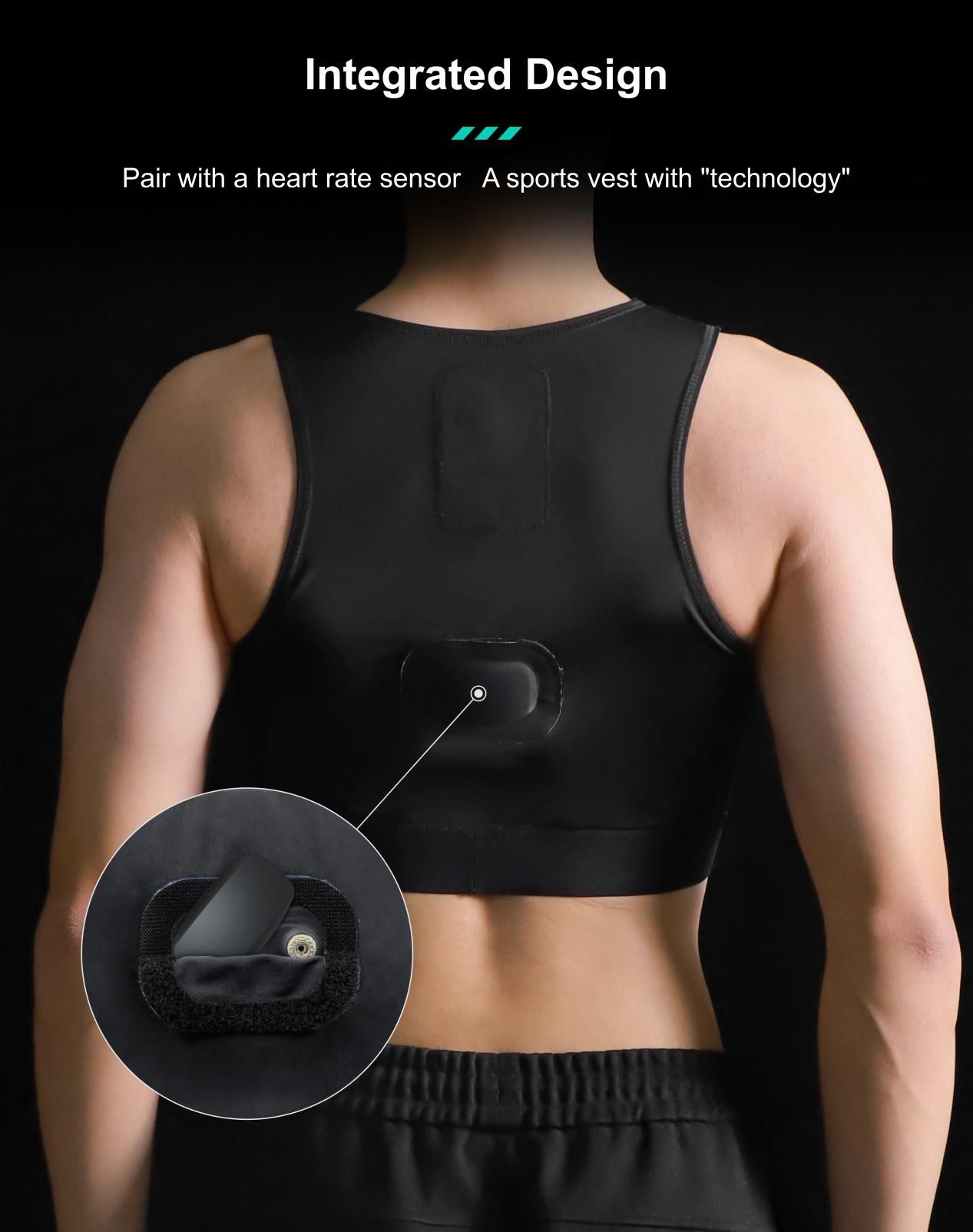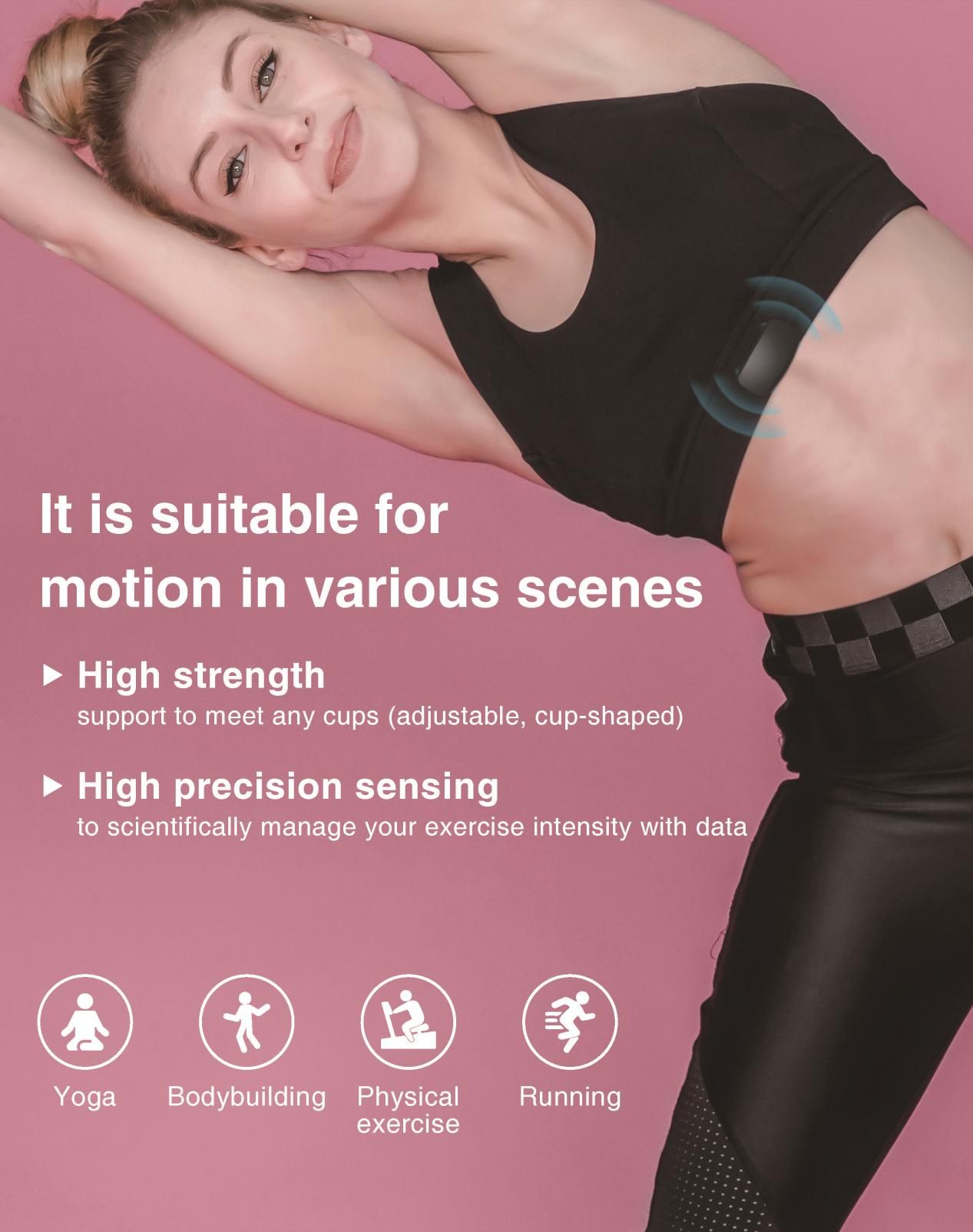In professional sports, athletes are always looking for innovative ways to improve their performance. Football is one of the most popular and demanding sports, requiring players to have an optimal level of fitness and stamina. To achieve this, the use of heart rate monitors for Soccer is gaining popularity among football players and teams as it can provide valuable insights into their physical exertion during training and matches.

Heart rate monitors are devices that measure an individual's heart rate in real time, allowing players to more effectively monitor and manage their effort levels. By wearing a small, lightweight device on the chest or wrist, soccer players can track their heart rate throughout training and games. This data can then be analyzed to provide valuable information on the intensity of their workouts, helping them make informed decisions about their training routine and overall performance. One of the main benefits of heart rate monitors is that they enable athletes to optimize their cardiovascular fitness.

By monitoring heart rate, soccer players can ensure they are training in the proper heart rate zone, whether it is endurance, tempo or threshold training. This data can help players tailor training to specific goals, such as improving stamina, speed or recovery time. With a more accurate understanding of their heart rate, players can follow a personalized training plan to improve overall fitness and game performance. A heart rate monitor also helps prevent overtraining and injury. By monitoring heart rate during intense training sessions, athletes can identify signs of fatigue or overexertion. This valuable information enables them to make necessary adjustments to their training load, ensuring they do not exceed their physical limits. By avoiding overtraining, players can reduce the risk of injuries, such as muscle strains or stress fractures, and maintain fitness levels throughout the season. Additionally, heart rate monitors allow players and coaches to track player recovery rates. After a high-intensity game or training session, athletes can monitor their heart rate during rest periods to determine how quickly they can return to their baseline heart rate. This information helps to assess the effectiveness of the recovery program and adjust accordingly to ensure optimal recovery and readiness for the next race.

Heart rate monitors are not only beneficial for individual players, but also provide an advantage for coaches and the entire team. With access to players' heart rate data, coaches can make data-driven decisions about player replacements, training intensity and workload distribution. This optimizes team performance, reduces the risk of player fatigue and increases overall team efficiency. In conclusion, heart rate monitors have become the secret weapon for improving football performance. By providing accurate, real-time heart rate data, athletes can optimize training, prevent injury and improve overall game performance. By integrating heart rate monitoring technology, soccer players have the opportunity to maximize their fitness levels and gain a competitive edge in this physically demanding sport.

Post time: Sep-08-2023







